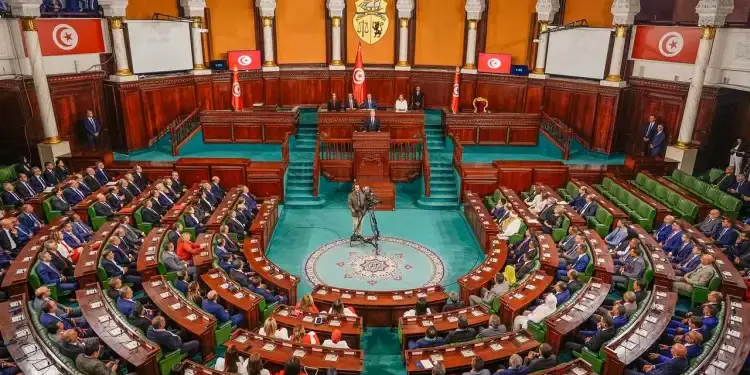The Assembly of People’s Representatives (ARP) is preparing to adopt a bill, described as “legislative revolution” by a majority of deputies, which rebatts the labor market cards in Tunisia. In line of sight: the pure and simple prohibition of subcontracting and the almost generalized taxation of the indefinite contract (CDI). Carried by an enthusiastic majority, the reform nevertheless arouses concerns in certain sectors, in particular that of guarding.
A bill unanimously praised … or almost
In the hemicycle, deputies are not praised on this text presented as a “legislative revolution”. For many elected officials, this is an expected response to the precarious work and the exploitation of contractual agents, in particular in public institutions. The CDI, imposed by default with a strictly framed trial period, is seen as a lever for stability and dignity for workers.
The ban on subcontracting is also at the heart of the text. It will concern all sectors, including those long used to outsourcing so -called “auxiliary” functions: cleaning, guarding, maintenance. Several deputies see it as the end of an opaque system of cascade contracts, often not very protective for workers.
While the plenary debates seem to be settled-almost all of the deputies who have displayed their support-a question remains unanswered: is the vote already acquired, or is there a space for dispute and revision? Because if the intention to protect workers is beneficial, the concrete consequences of the text are not unanimous.
As the reform takes shape, criticisms emerge. Nacer Yatouji, member of the Syndicale Chamber of Security Companies, does not mince his words: this law, he says, amounts to “condemning to death” a structured and regulated sector. According to him, the amalgam made between informal subcontracting and specialized companies throws stigma on structures supervised by the State, subject to authorization and permanent control of the Ministry of the Interior.
Guarding, which brings together some 200 companies according to its estimates, is not a provider of interchangeable labor, but an integrated service provider, with training and supervision. The absence of an economic and social impact study fuels the reservations: what fate for these companies? What about their employees?
The legislative precipitation in question
A deputy proposed the dismissal of the text in commission for adjustments, recalling that any major reform deserves a minimum of visibility on its concrete effects. How many workers are concerned? What alternatives for the structures that subcontract today? The vagueness persists.
If the objectives displayed – social justice, stability of employment – consensus, the methods of application of the project worry by their radicality. Does Tunisia have the means of such a brutal transformation? Without support, this reform could further weaken an economic fabric already under tension.








